An-Chi Cheng's Marine Animal Medicine Placement
An-Chi's thought-provoking placement at Falgory Ocean Park in Taiwan opened up a whole new world. For the first time she could envisage the practicalities of working with aquatic wildlife. She could appreciate a vet's potential to advance the welfare of captive animals.
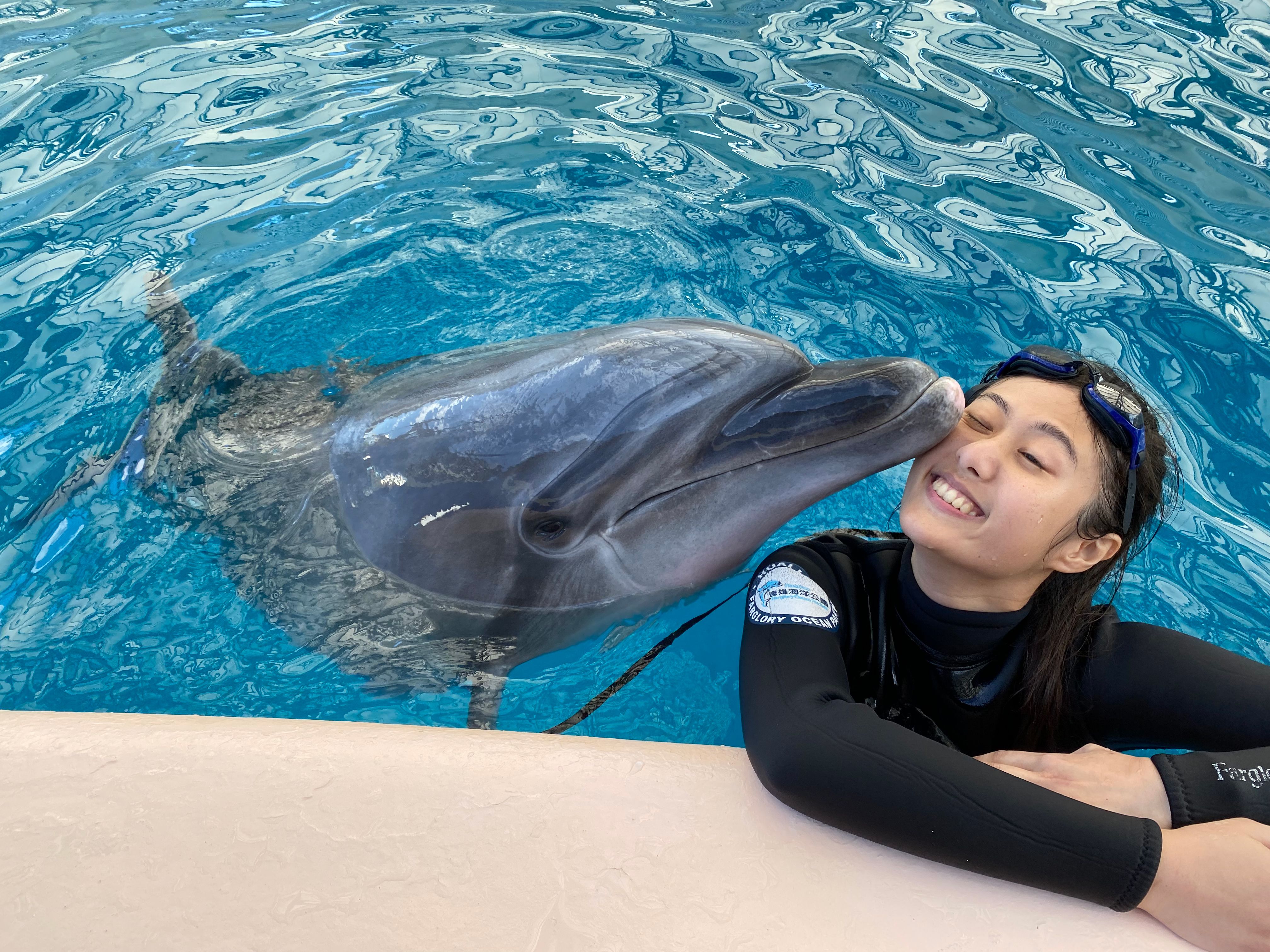
Being a wildlife vet in a zoo environment
'Being a veterinarian requires progressive and self-directed learning. The veterinarians at Falgory introduced me to specific research areas and I would develop my own topics after seeing real-life cases. There were weekly team meetings where trainers shared their self-designed programmes and veterinarians shared knowledge on diseases. This allowed me to learn independently and develop critical thinking. Essential skills which I will take with me in my future career.
'During this placement, I was able to participate in clinical activities among dolphins, sea lions and several fish species. These included:
- radiography
- ultrasound
- endoscope
- wound management
- ophthalmology examination
- post-mortem examination
- laboratory work (e.g. blood smear, cytology evaluation, and bacterial culture from water samples).
What did An-Chi learn?
'I started to understand the limitations when diagnosing and treating diseases with aquatic species, or where management of terrestrial species could not be applied. For example, cetaceans have skin with high tension to maintain the streamlined body shape, so if it is surgically incised, it is almost impossible to close the wound with sutures. Therefore, any surgery should be the last resort and minimally-invasive surgery is much preferred.
'I was lucky enough to witness a dolphin stranding event during my placement. The dolphin was a juvenile Fraser's dolphin and was thought to be dead because his fins were sharply cut. The veterinarian told me this is commonly seen when dolphins become entangled into fishnets and the fisherman cut the fin off the dolphin carcass to release the body. I was able to observe the post-mortem examination and sample collection, which made me understand more about dolphin anatomy.
'I now understand more about cetacean conservation and the aquarium industry in Taiwan. This has inspired me to participate in their rehabilitation programme and volunteer in marine mammal rescue in the future'
Understanding the complex relationship between conservation, education and entertainment
'Through this placement I wanted to learn how to maximise the welfare of captive animals. I shadowed the veterinarians to observe animal behaviour daily and complete questionnaires to monitor any abnormal behaviour. I developed deeper thoughts about the prolonged controversy between the entertainment versus education and conservation purpose of ocean parks. As a veterinary student, the ethical debate around keeping wildlife in captive environments was often on my mind and during my placement I started to appreciate the difficulties of this issue. One colleague said:
‘humans have no right to capture wildlife just for entertainment, but since the mistake has been made and these dolphins born in captivity cannot be released back to the ocean, the only thing we can do is to maximise their living quality and stop breeding the captive animals. No pool can ever be as big as the ocean, that is why we need to challenge our creativity to maximise their welfare within limitations.'
'I can see the potential of veterinarians being the communicator between the ocean park and the public to seek sustainable development of the industry and progression of animal welfare in Taiwanese society. Going on this placement has made me a more well-rounded veterinary student, not only in the knowledge and clinical skills aspect but also in the ethical and social aspect.
'I hope that one day I can commit to improving the welfare of captive animals. This placement has been extremely inspiring for my future career in aquatic medicine.'
A thank you to our alumni community
'I would like to express how grateful I am with the financial support I received. This placement couldn't have happened smoothly without the EMS+ Awards Scheme. Your contribution makes such a big difference. Investing in prospective veterinary students advances the progress of the veterinary industry as a whole.
'The funding I was lucky to receive from the RVC Alumni Fund, not only allowed the placement to go ahead on a logistical level but also made me feel encouraged and supported in my interest in this field. I would like to express how grateful I am.'
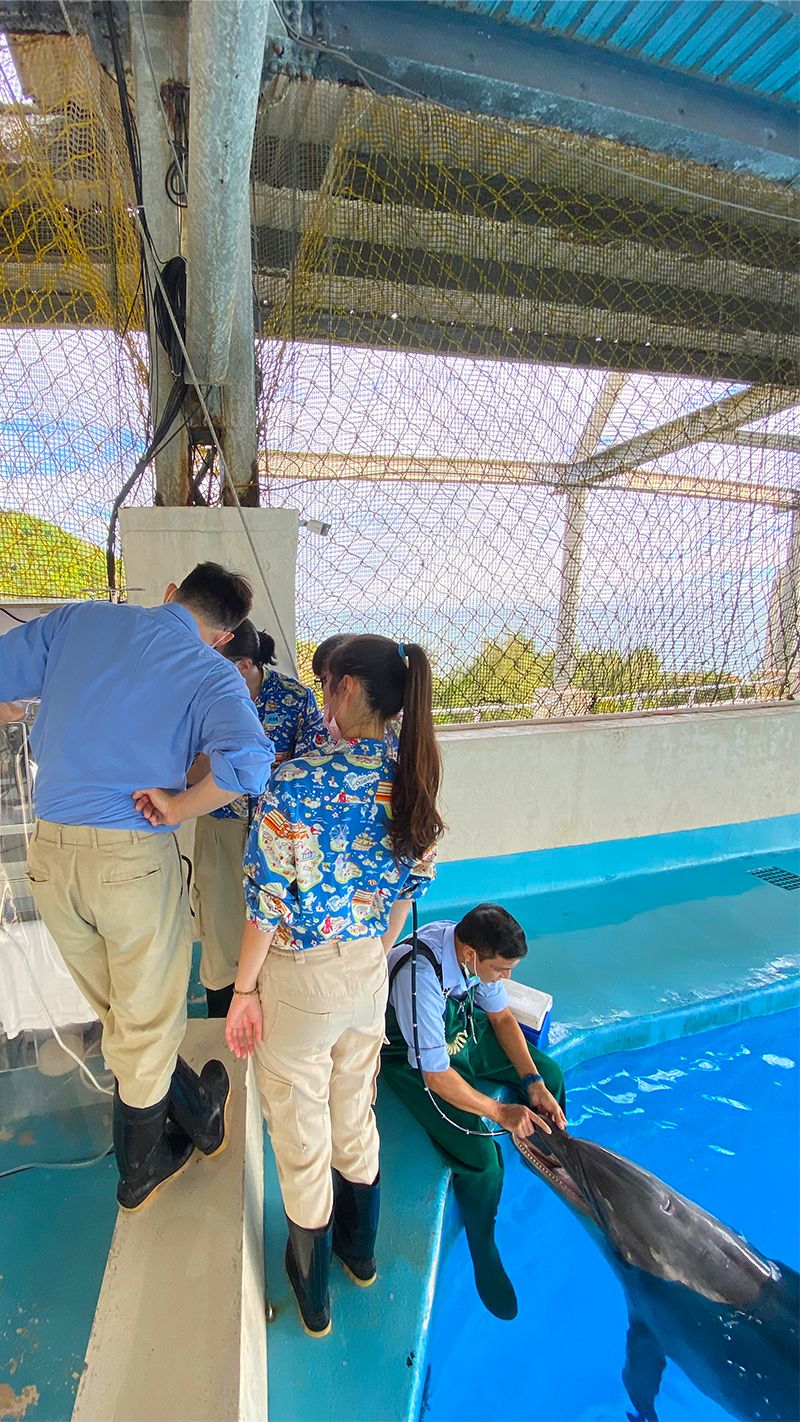
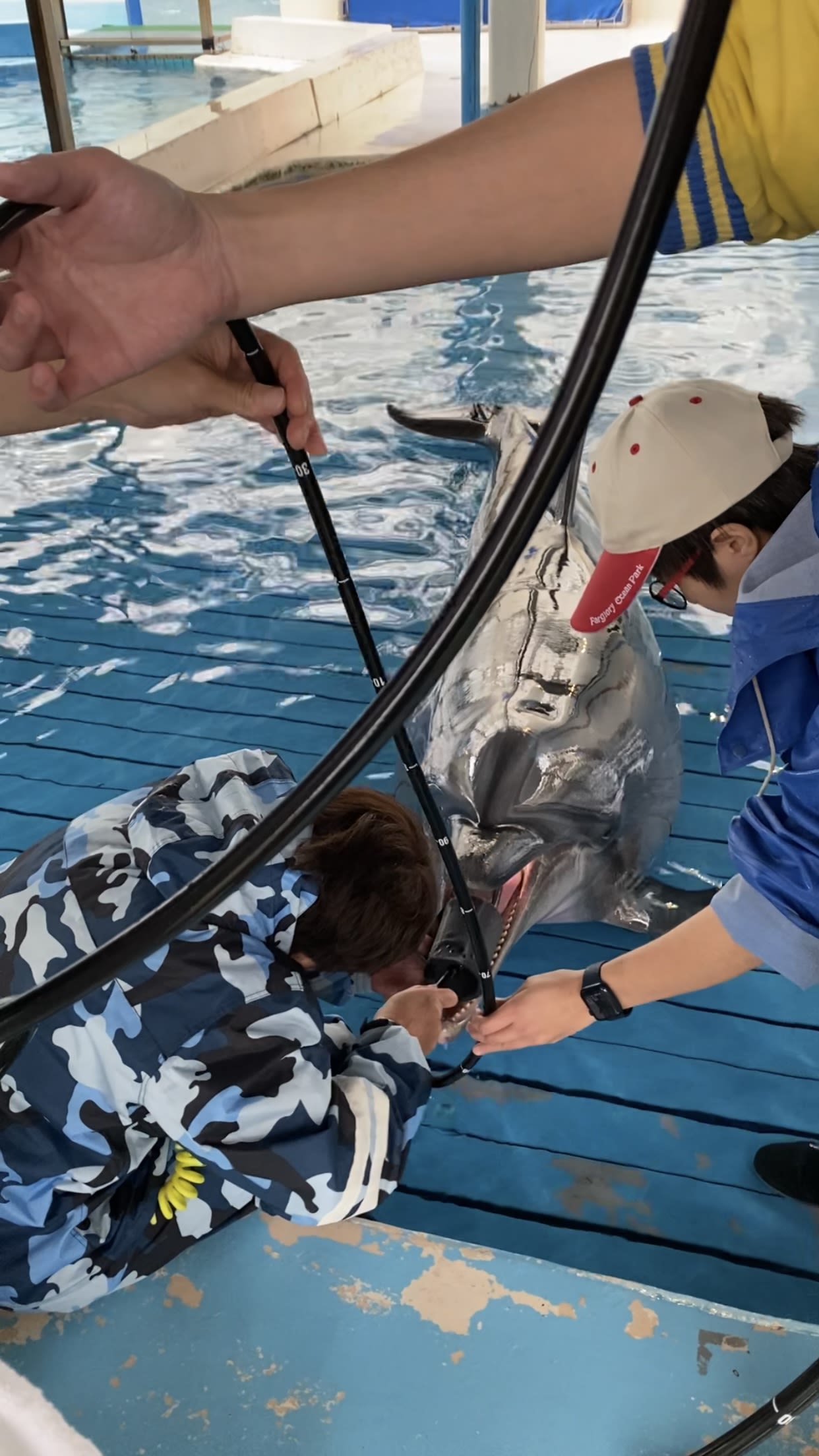
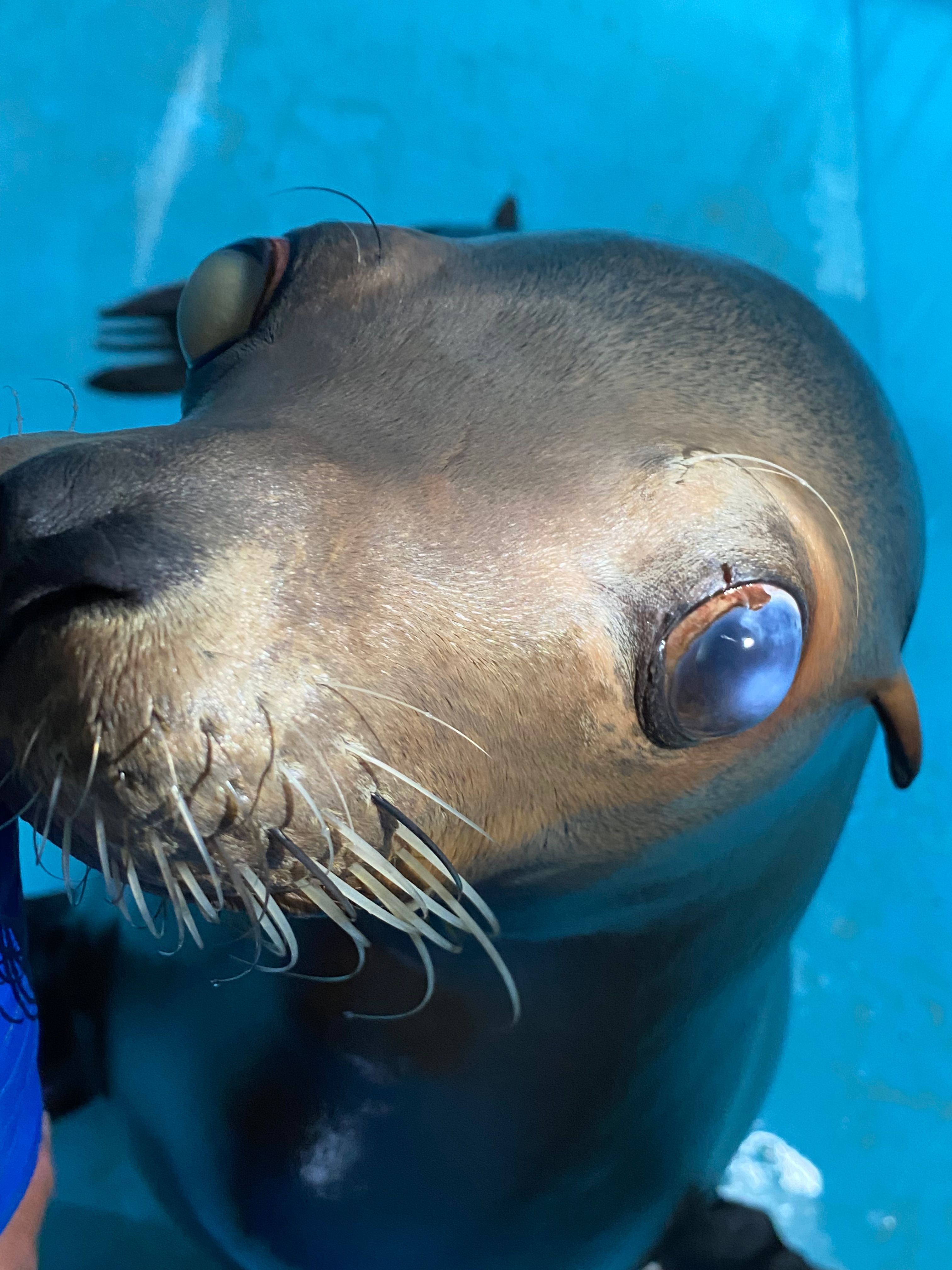
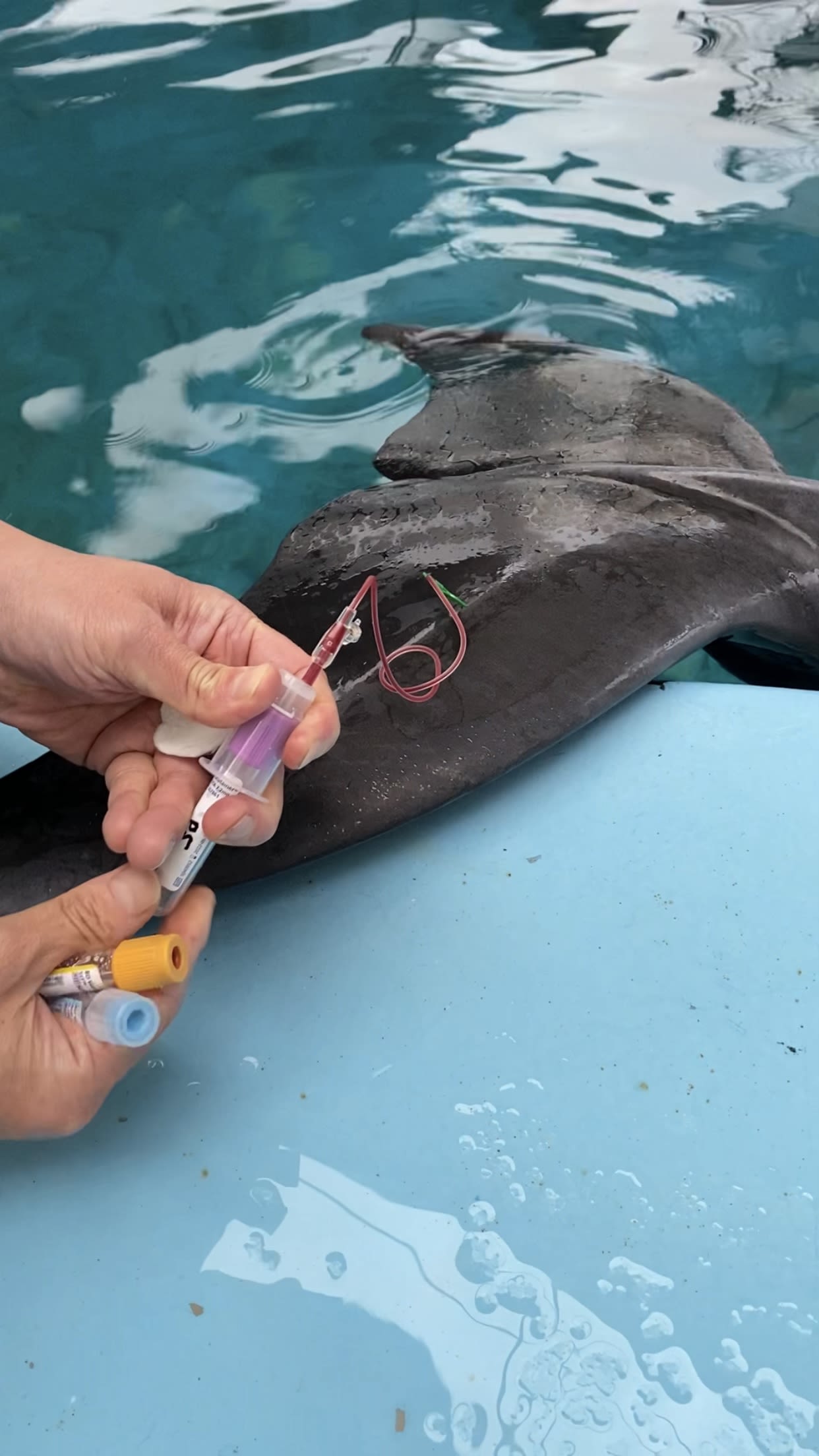
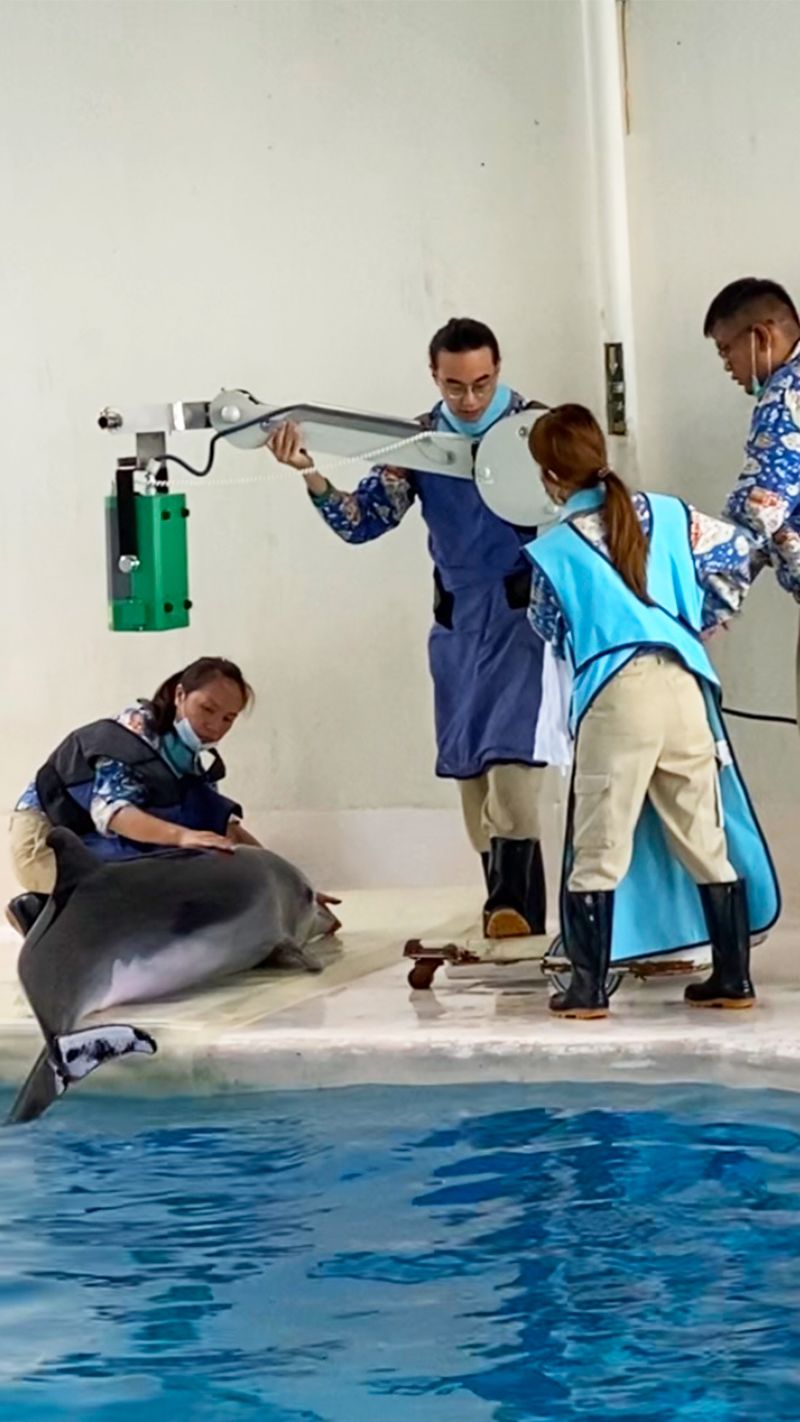

Did you know?
We've supported aspirational placements in equine, exotics, wildlife and research, plus more!
Follow RVC Alumni
For updates about new teaching equipment, EMS+ awards, clubs and societies plus lots more...
The RVC Shop
You are always welcome to buy RVC branded clothing and gifts. All profits support our students through the RVC Alumni Fund.
